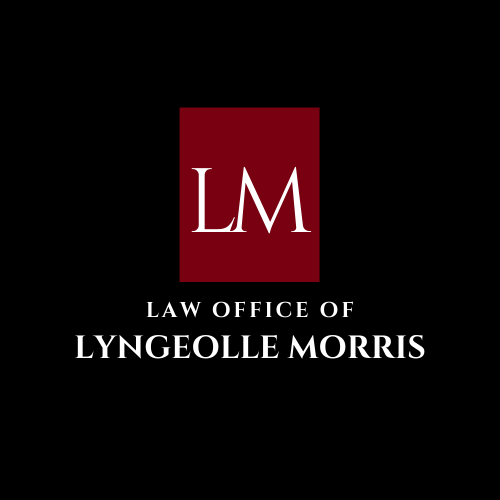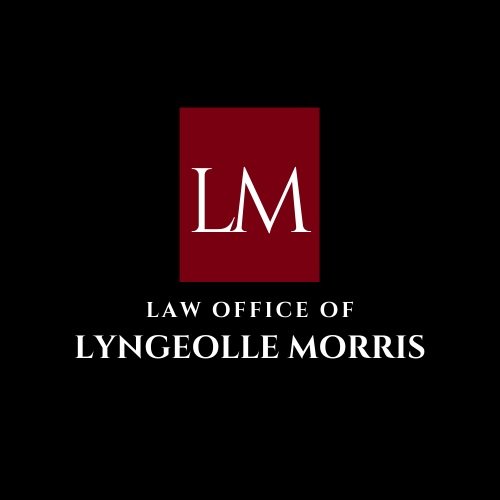Checklist for Executors and Administrators: Your Step-by-Step Guide
Responsibilities of an Executor or Administrator
After your loved one has passed away, you will want to begin the process of putting provisions in place to manage his or her estate.
In order to do so, a representative of the estate, either the Executor or Administrator will be required to step forward to carry out the necessary tasks to settle the deceased’s estate. The duties of the Executor and Administrator are similar in nature, as they will be charged with securing the assets of the deceased, paying all outstanding debts, distributing the estate and maintaining proper accounts on behalf of the estate.
However, the difference between the two is that on the one hand, the Executor is appointed under the Will of the deceased and is required to undergo his or her duties according to the terms of Will. Whereas on the other hand, the Administrator is appointed based on his or her relationship to the deceased, and will distribute the estate according to the rules of intestacy. For more information on the rules of intestacy, consider this article here.
Key Terms:
Executor - The Executor is the person nominated under the Will to manage and distribute the estate according to the wishes of the person who made the Will.
Administrator - A person appointed by the court to settle the debts, expenses and other obligations for the estate. This person is also responsible for distributing the assets according to law under the rules of intestacy (where there is no will), or all remaining assets according to the deceased's will (if there is a will).
If you are an Executor or Administrator of an estate, the following checklist can help you to understand the duties involved when the time comes to act on behalf of the estate.
Checklist for Executors and Administrators
1. Make the necessary arrangements for the payment of funeral expenses
While the assets of the deceased may be frozen until the Court Order has been issued for the formal appointment of the Executor or Administrator, banks or other financial institutions may be inclined to release funds for the purpose of paying for funeral or burial expenses. You should also make any checks to determine if the deceased made any pre-paid funeral plans or had any insurance policies which made provisions for funeral, burial and other related expenses.
2. Search for a Last Will and Testament
This will be one of the first steps in determining whether the deceased had legally documented his or her final wishes. Even where it is believed that the deceased did not make a Will, it will be necessary to conduct a search to ensure that all attempts were made to locate a Will.
3. Locate all assets of the deceased and secure them.
If the deceased left personal and real property, the executor or administrator should put measures in place to locate, secure and manage these assets. This will be a critical step to protect the assets on behalf of the beneficiaries when it is time to distribute the property in question.
4. Obtain certified copies of death certificates and/or or cause of death certificates
5. Notify all relevant parties including creditors and financial institutions where the deceased held accounts.
6. Communicate with the beneficiaries about the death and your intention to act on behalf of the estate
7. Prepare an inventory of the deceased and confirm the total value of the estate
This will involve making a detailed list of all the assets and liabilities of the deceased and calculating the net value of the estate.
8. File the application with the Court for a Grant of Probate (where the deceased left a Will) or Grant of Letters of Administration (where the deceased left no Will)
9. Obtain the Court Order authorizing you to act on behalf of the estate
10. Pay all outstanding bills and expenses of the deceased prior to distributing the assets.
11. Distribute the assets to those entitled
For the Executor, this will mean distributing the estate according to the terms of the Will. For the Administrator, distribution of the assets will be in accordance with the Barbados Succession Act. This blog post provides more details on how the estate would be distributed when the deceased did not leave a Will.
For any real estate, the executor or administrator will be required to execute any deeds in order to transfer title of the real estate to the beneficiaries.
Once the distribution has been completed, executors and administrators should have releases prepared in which the beneficiaries confirm that they have received their share of the estate.
10. Provide a final accounting to the Court once the administration has been completed
Final Note
Executors and administrators are considered to be ‘fiduciaries’, meaning that they have an ethical duty to act in good faith and in the best interest of the estate and the beneficiaries.
It should be noted that executors and administrators may be entitled to compensation for any reasonable expenses incurred in the course of their duties towards settling the estate. They should therefore maintain accounts and records of all activities completed.
Questions?
Are you an executor or proposed administrator of an estate? Or perhaps you are a relative of a deceased person seeking to learn more about administering your loved one’s estate. If so, you can consider these posts for more information:
‘How To Settle Your Loved One’s Estate: The Probate Process Explained’ which explains the process when the deceased has left a Will and;
‘Dealing With The Affairs of a Loved One Who Has Died Without A Will’ which outlines the process when the deceased has not left a Will.
Have further questions about the probate and administration process in Barbados? Feel free to let us know by contacting our office here.


